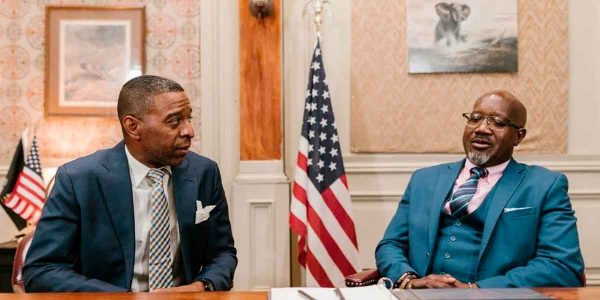Securing a Probate Attorney: Who Takes Care of the Legal Representation?
When it comes to navigating the complex world of probate, having the assistance of a skilled probate attorney is crucial. However, a common question arises: who is responsible for securing the services of a probate attorney? In this blog post, we will delve into securing a probate attorney and clarify who takes care of this essential step.
Understanding the Role of a Probate Attorney
Before we explore the process of securing a probate attorney, let’s briefly review the role they play in the probate process. A probate attorney is a legal professional with expertise in probate law and estate administration. They provide guidance and representation to individuals involved in probate proceedings, ensuring compliance with legal requirements and protecting the interests of the estate and its beneficiaries.
Probate attorneys assist with various aspects of the probate process, including:
- Preparing and filing legal documents
- Interpreting the decedent’s will or trust
- Handling creditor claims and debt resolution
- Distributing assets to beneficiaries
- Resolving disputes and conflicts
- Representing clients in court, if necessary
Their expertise and guidance are invaluable in ensuring a smooth and efficient probate process.
Securing a Probate Attorney: Who Takes Care of It?
The responsibility for securing a probate attorney typically falls on the executor or personal representative of the estate. Sometimes, the decedent’s will may name a specific attorney to handle the probate process. However, if no attorney is named, the executor or personal representative is tasked with finding and hiring a probate attorney.
It’s important to note that the attorney hired should have experience and expertise in probate law to ensure effective representation and guidance throughout the process. Selecting the right attorney can significantly impact the outcome of the probate proceedings.
Factors to Consider When Selecting a Probate Attorney
When securing a probate attorney, there are several factors to consider:
1. Specialization and Experience
Look for an attorney specializing in probate law and with a wealth of experience handling similar cases. Their expertise in the field will ensure that they are well-versed in the intricacies of probate proceedings and can provide effective representation.
2. Reputation and Track Record
Research the attorney’s reputation and track record. Read client testimonials and reviews to gain insight into their professionalism, competence, and success in handling probate cases. A reputable attorney with a proven track record will more likely deliver favorable outcomes.
3. Communication and Compatibility
Effective communication is crucial during the probate process. Choose an attorney who communicates clearly, promptly responds to your inquiries, and keeps you informed about the progress of your case. Additionally, it’s important to ensure that you have a good rapport and feel comfortable working with the attorney.
4. Fee Structure
Discuss the attorney’s fee structure upfront to understand the financial implications. Some attorneys charge an hourly rate, while others may work on a flat fee basis. Ensure you clearly understand the fees and any additional costs that may arise during the probate process.
How Morgan Legal Group PLLP Can Help
If you’re in need of a probate attorney in Miami, Morgan Legal Group PLLP is here to assist you. Our team of experienced probate attorneys has a deep understanding of probate law and a proven track record of success in handling probate cases.
We prioritize effective communication, providing personalized attention to each client and keeping them informed throughout the probate process. We aim to ensure a smooth and efficient probate experience while protecting the interests of the estate and its beneficiaries.
Contact Morgan Legal Group PLLP today to schedule a consultation and discuss your specific probate needs. Let our knowledgeable and dedicated team provide the expert legal representation you require during the probate process.







